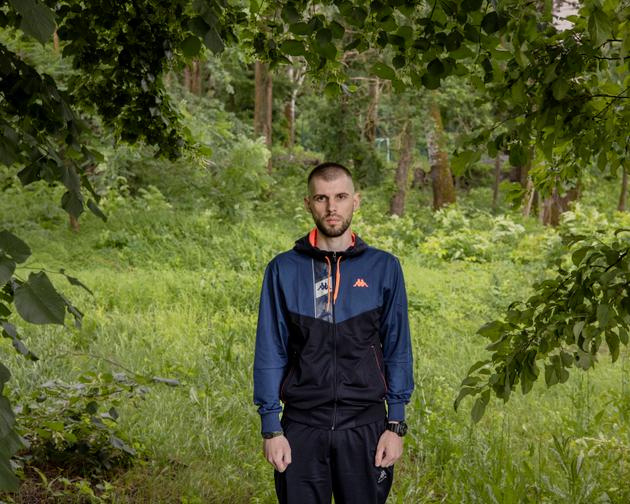Cared for in a discreet hospital far from the cities, they are gradually regaining a taste for life. These men were freed in the exchange of 75 prisoners of war organized by Kyiv and Moscow on May 31 – another exchange of 90 soldiers took place on June 25. They experienced horror twice: first on the front lines, with fighting, sometimes wounds, then defeat and capture; then in Russian prisons.
As the United Nations Human Rights Monitoring Mission in Ukraine (HRMMU) reported on June 26, the International Day in Support of Victims of Torture, being held captive in Russia is tantamount to a descent into hell. “Every single interviewee from this recent exchange has given accounts of torture, from brutal beatings to prolonged stress positions, to electric shocks on genitals and to dog attacks,” wrote the HRMMU, which has met around 600 of the 3,300 Ukrainian POWs exchanged since the Russian invasion of 2022. The UN also reported prisoners were “constantly hungry” and “deprived of proper medical care.”
The Ukrainian military intelligence service, the GUR, authorized Le Monde to meet former prisoners wishing to discuss their detention in Russia. The only condition was not to reveal the location of the meeting, to avoid it becoming a target, nor the names of Russian detention centers, to avoid those still detained suffering reprisals because of their comrades’ testimonies. Those who agreed to the meeting spoke freely, without the presence of officers or doctors.
‘Thorough beating’
Volodymyr, 26, a National Guard soldier captured on the Mariupol front, was held for 26 months. “When we arrived at the prison, we were subjected to what the Russians call ‘reception’: a thorough beating,” he said. “We slept on dirty, damp mattresses on the floor. We had no drinking water, just water from a truck tank. As an officer, I was treated more harshly than other prisoners. Officers and volunteers were treated the worst.”


Roman, 29, a National Guard soldier captured on the first day of the invasion of the Chernobyl nuclear power plant, was imprisoned for 27 months. “I was held in a 19th-century building from the Tsarist era, cold and damp. The conditions were terrible. We had to stand all the time. We were beaten every time the guards visited, twice a day and during interrogations.”
Captured on the same day in Chernobyl and held in the same prison, Yuriy, 31, talked about the diet. “The food was disgusting. Russian inmates prepared meals for Ukrainian POWs. There was dirt and insects. The bread smelled like diesel. Some guys had indigestion, and were poisoned.”
You have 68.68% of this article left to read. The rest is for subscribers only.